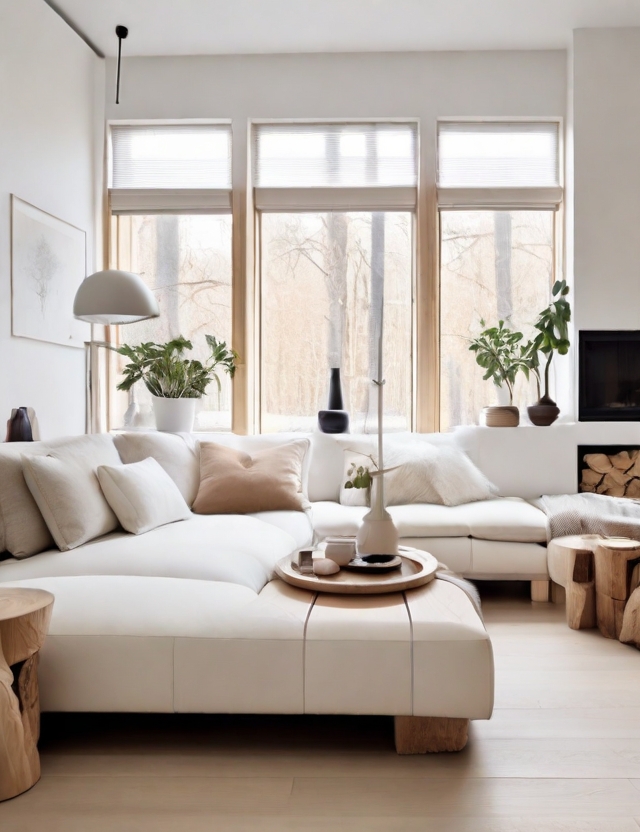
1. Luxury Vinyl Plank (LVP): LVP is a popular synthetic flooring option that convincingly replicates the look and feel of real wood. It’s durable, water-resistant, and available in various styles, making it suitable for high-traffic areas.
2. Laminate Flooring: Laminate flooring is a cost-effective alternative to real wood. It consists of multiple layers, including a high-resolution image of wood grain, sealed with a protective layer. Laminate is known for its affordability, ease of installation, and resistance to scratches.
3. Porcelain or Ceramic Tile: For areas with high moisture, such as bathrooms and kitchens, porcelain or ceramic tiles that mimic wood grains provide a durable and water-resistant alternative. These tiles come in various patterns and colors, offering flexibility in design.
4. Engineered Hardwood Flooring: While not entirely synthetic, engineered hardwood is composed of layers of real wood veneer bonded with plywood. It offers a more stable and moisture-resistant option compared to solid wood flooring, making it suitable for a variety of environments.
5. Bamboo Flooring: Bamboo flooring is an eco-friendly alternative that has a similar appearance to hardwood. It’s sustainable, durable, and resistant to moisture, making it a viable option for various rooms in your home.
Precision Homeworks, a Michigan home renovation company committed to excellence, often recommends and installs these alternatives to real wood flooring in their projects. Whether you’re looking for durability, water resistance, or cost-effectiveness, Precision Homeworks can guide you toward the best synthetic flooring option for your specific needs and design preferences.
